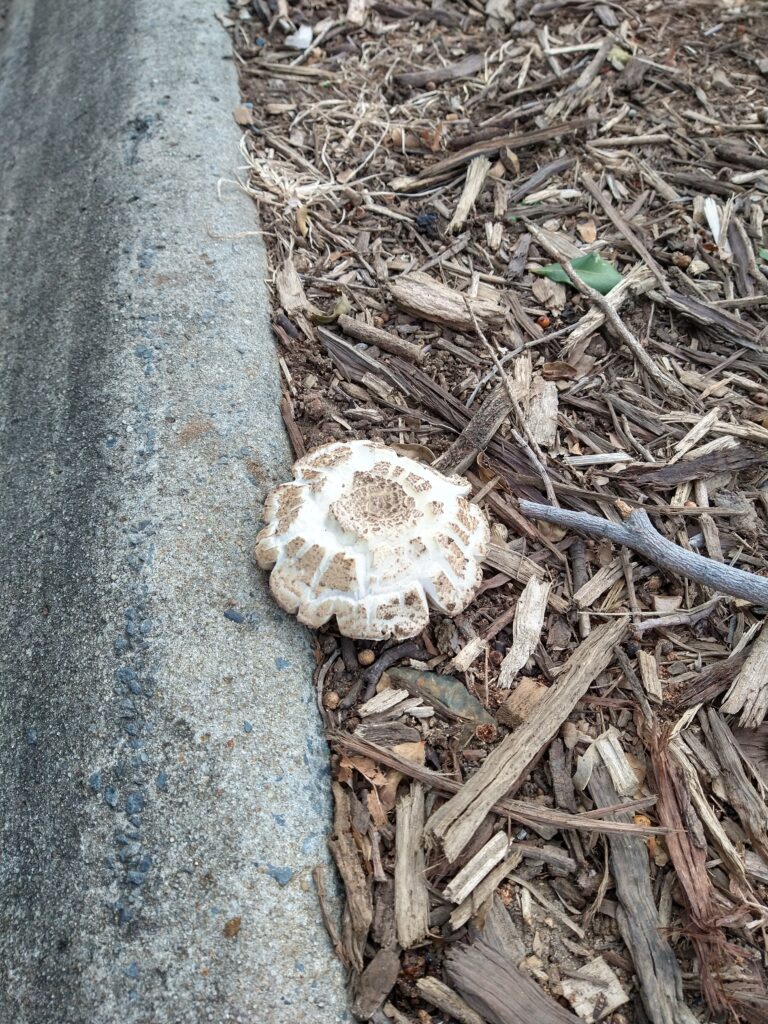The health of your plants is deeply tied to the microorganisms present in your soil. Soil Microbial Assessments provide a detailed analysis of the microbial life in the soil, including beneficial bacteria, fungi, and other organisms that contribute to nutrient cycling and disease suppression. By understanding the balance of microbial populations, we can recommend specific treatments to enhance soil health, such as adding organic matter, applying compost teas, or incorporating bio-stimulants. This service is especially useful for promoting long-term soil fertility and resilience in both urban and rural landscapes.
Why Is Soil Health Important?

Soil microbial assessments are an important tool in understanding the health, fertility, and long-term sustainability of soil ecosystems. Micro-organisms in the soil; including bacteria, fungi, and other microbes, play crucial roles in nutrient cycling, soil structure, plant health, and overall soil function. Soil microorganisms are a fundamental component in soil health, driving the nutrient cycle, decomposition of organic matter and the development of soil structure. A healthy microbial community supports soil processes that maintain or improve soil fertility and plant growth. By assessing soil microbes, we gain invaluable insights into the overall health and balance of the soil’s ecosystem.
Soil found with healthy and thriving microbial communities are generally found to be vastly more resilient to erosion, compaction and other physical stressors then less healthy soil samples. This is generally caused by the formation of soil aggregates, biproducts of thriving microbial communities where they produce extracellular polymeric substances (EPS) that act as a glue for clusters of soil particles. The bounding of these soil particles is what helps prevent erosion and other physical stressors from impacting the fertility of the soil. Microbial assessments can help highlight any potential issues with soil aggregation or the structure of the soil that may need to be remedied.

Nutrient Availability & Cycling
Soil microbes, such as decomposers (fungi) and nitrogen-fixing bacteria, play critically vital roles in the cycling of nutrients throughout the ecosystem found within the soil. Their activities break down organic matter such as dead plants and animals and release the resulting nutrients into the soil, allowing them to be absorbed by other living organisms (trees, plants, etc.). Nitrogen, phosphorus and sulphur are some of the big products created through this system and happen to be some of the most important nutrients needed for plants to survive and thrive. Humus (Not the kind you eat!) is another biproduct of this process of nutrient cycling and is a stable form of organic matter that improves the structure and water retention capabilities of the soil, which further improves the fertility of the soil even more.
How to Monitor & Manage Soil Health?
Early detection of issues with the health and fertility of your soil is one of the biggest preventors of long-term damage being done to both your soil and your plants. A microbial assessment can easily provide early warnings regarding the emergence of issues with your soil, such as disease outbreaks, nutrient imbalances or contamination. By monitoring the health and population of the microbial communities within your soil with frequent testing, you can often prevent the onset of any issues well before they become a problem. This is particularly important in the case of agriculture and crop rotations, as more often than not incorrect crop rotations or general depletion of nutrients within the soil will lead to weaker and less abundant yields during harvest unless remedied.
Despite seeming harmless at a precursory glance, soil diseases and pathogens can be absolutely devastating on the health and fertility of your soil and therefore on the health of your plants. The identification and control of pathogenic outbreaks shortly after or even before they occur can go a long way in maintaining the health of your garden and plants. Some microbial assessments focus on the identification of harmful pathogens, fungi, bacteria or nematodes that may be present in the soil and affecting the growth and health of plants. Early detection of soilborne diseases such as Fusarium, Phytophthora or root-knot nematodes can reduce or even outright eliminate the issue before it becomes a bigger problem.
Whether it’s a backyard garden or a small-scale farm, systems where the use of fertilizers and pesticides is minimized or outright avoided need other ways to manage the health and fertility of its soil as well. Maintaining healthy microbial populations is essential for nutrient cycling and soil fertility. Assessing the health of these microbial communities is incredibly important for small-scale farmers or those with a green thumb, as it helps to ensure they can maintain a healthy balance of nutrients for the soil based off actual information gathered on site.
Visit our articles covering poisoning, diseases and pest infestations for more information on how to deal with these situations.
